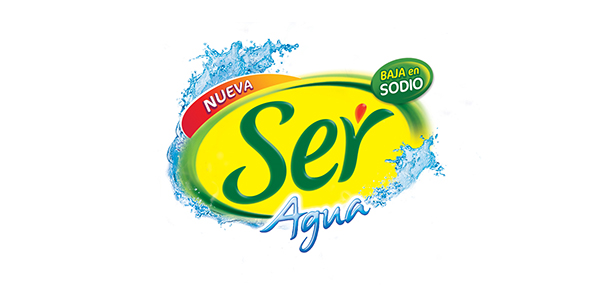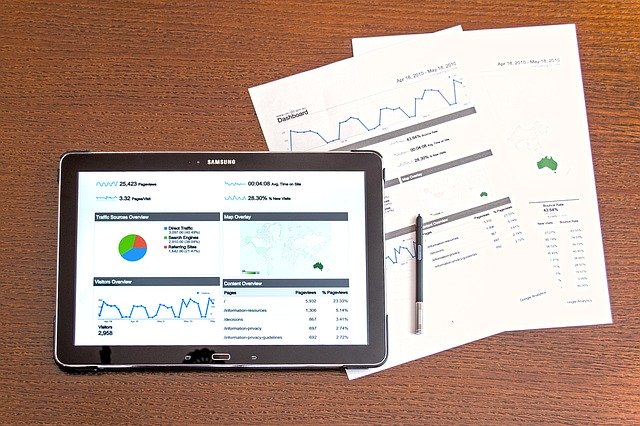Market Analysis Definition
“Market analysis is a process of using scientific investigative and problem-solving techniques to gain insights into the market condition,” as defined by Mark A. Munizzo, Lisa Virruso Musial in their book, General Market Analysis and Highest and Best Use.
Market analysis is performed to gather insights into potential customers, customers’ shopping and buying habits, size of the target market, potential customer’s willingness to pay, competition, and competitors’ strengths and weaknesses. This will eventually reduce risk for the business as you have a better understanding of your customers and market conditions.
Market Analysis Advantages
1. Discover strengths and weaknesses:
Market analysis uses research findings to identify the strengths and weaknesses that can be used to take advantage and move ahead of the competition. Market analysis of the firm’s strengths, weaknesses, opportunities, and threats (SWOT) displays how the firm is perceived internally and externally.
2. Spot emerging trends:
Marketing analysis uses a range of techniques to spot emerging trends in the market. With market analysis, is it possible to check the pulse of what’s trending in your market?
3. Minimize Investment Risk:
Market analysis will help to identify and minimize the business risk. Market Research offers insights based on which business decisions can be taken to reduce risks.
Market Analysis Example

A classic example of market analysis can be seen in Aguas Danone, a bottled water company in Argentina. It used market analysis to spot emerging trends and launch new variations of its products. It also overcame the risk of losing market share by analyzing the customer needs on time.
When the company’s sales started falling, Aguas Danone identified two reasons – health and flavor. While bottled water was perceived as healthy, it did not offer good taste. Soft drinks and juices tasted good but were perceived as highly caloric. The company realized there was an opportunity for healthy drinks that can provide taste as well as and flavor.
As a result, they launched flavored bottled waters’ Ser’ with great success. According to data from Euromonitor International, Aguas Danone has remained as the leader of reduced sugar-flavored bottled water in Argentina ever since its launch in 2002, overtaking giants such as Coca Cola and Nestlé.



